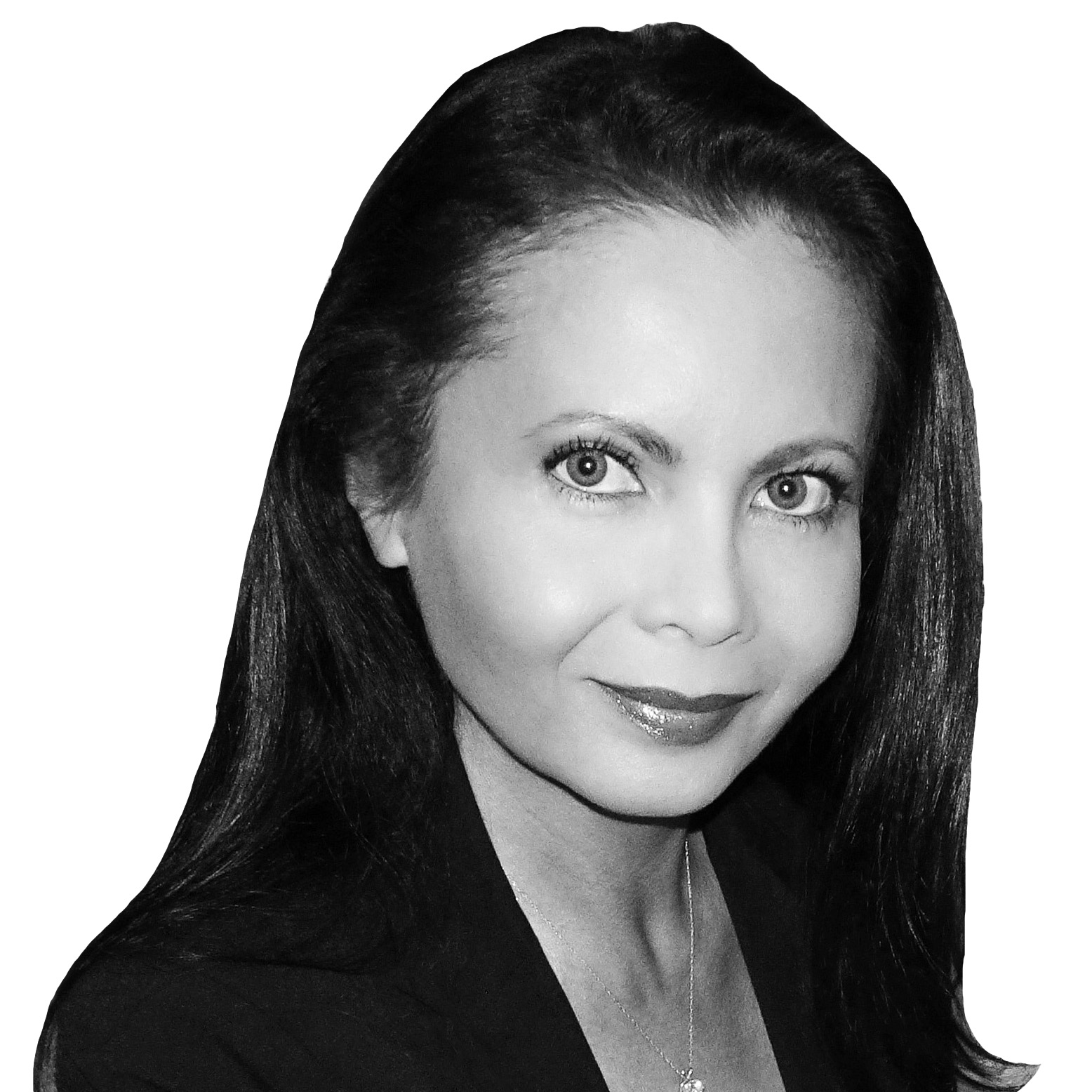Russia
Photo Illustration by Elizabeth Brockway/The Daily Beast/Getty
Putin’s Sham Election Rivals Can’t Even Keep a Straight Face
NOT IN IT TO WIN IT
When asked if he thought he could win, one of the notional challengers said: “Of course not! Do I look like an idiot?”

Trending Now





